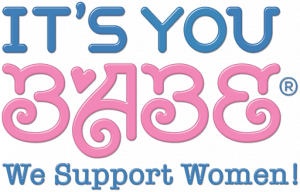Prolapsed WHAT?!
It is a subject no one wants to talk about, but when it comes to feeling so uncomfortable, awkward, and embarrassed, there has to be an answer to living normally with a Pelvic organ prolapse.

What is Pelvic Organ Prolapse?
Pelvic organ prolapse (POP), also known as female genital prolapse, can occur among some women who have gone through pelvic surgery or labor and delivery and can happen as women age. Prolapse refers to organs that have shifted out of their normal positions and moved down into the vaginal canal. The two different types we will talk about here are uterine prolapse and cystocele or bladder prolapse.
What causes uterine or bladder prolapse?
Uterine and bladder prolapse occur when vaginal and pelvic floor muscles that hold organs in place become damaged or strained. When these muscles are no longer strong enough to uphold the uterus or bladder, the organs can fall into the vaginal canal.
A history of childbirth can put a woman at risk for uterine or bladder prolapse. Births with complications that cause more damage to pelvic ligaments are more likely to result in POP. Other risk factors include pelvic surgery, aging, low estrogen levels, heavy lifting, straining during bowel movements, and obesity.
What are the symptoms of POP?
Common symptoms of uterine and bladder prolapse include fullness, pressure or pulling sensation in the pelvis/vagina, difficulty emptying bladder or frequent urges to go, constipation, bleeding, increased vaginal discharge, the sensation that things are falling out the bottom, like sitting on something, or feeling tissue protruding from the vaginal opening. For women who experience these symptoms, it is very traumatic. It is good for health professionals to be aware that going through this can lead to depression.
Where can women dealing with POP find support?
If you are experiencing symptoms of pelvic organ prolapse, consult with your doctor or health provider for diagnosis and treatment options. Click here for a POP brochure to learn more.
For non-surgical therapy to support your pelvic floor and relieve symptoms of POP go to PF Press pelvic floor support.
You can also browse our collection of therapeutic back supports and belly bands designed and Handcrafted with pride in the USA with women’s health at heart.
